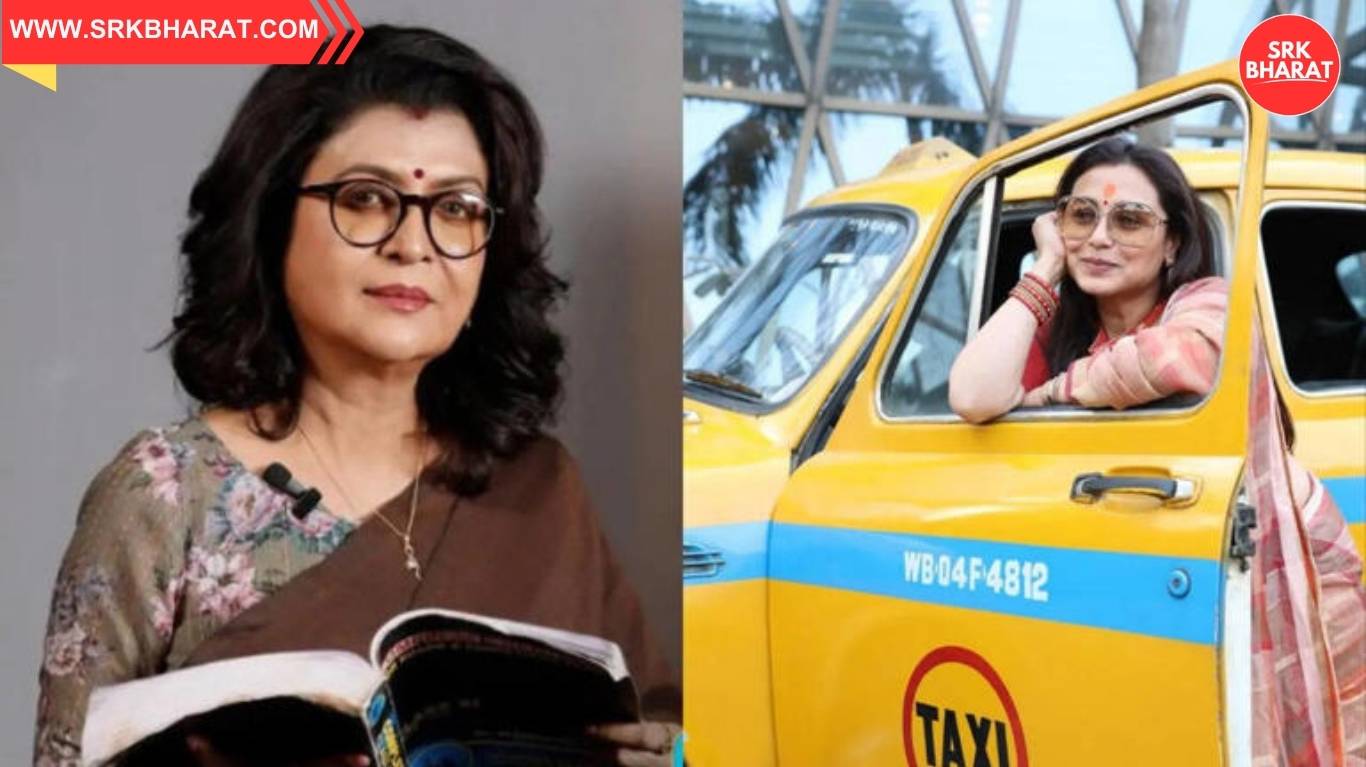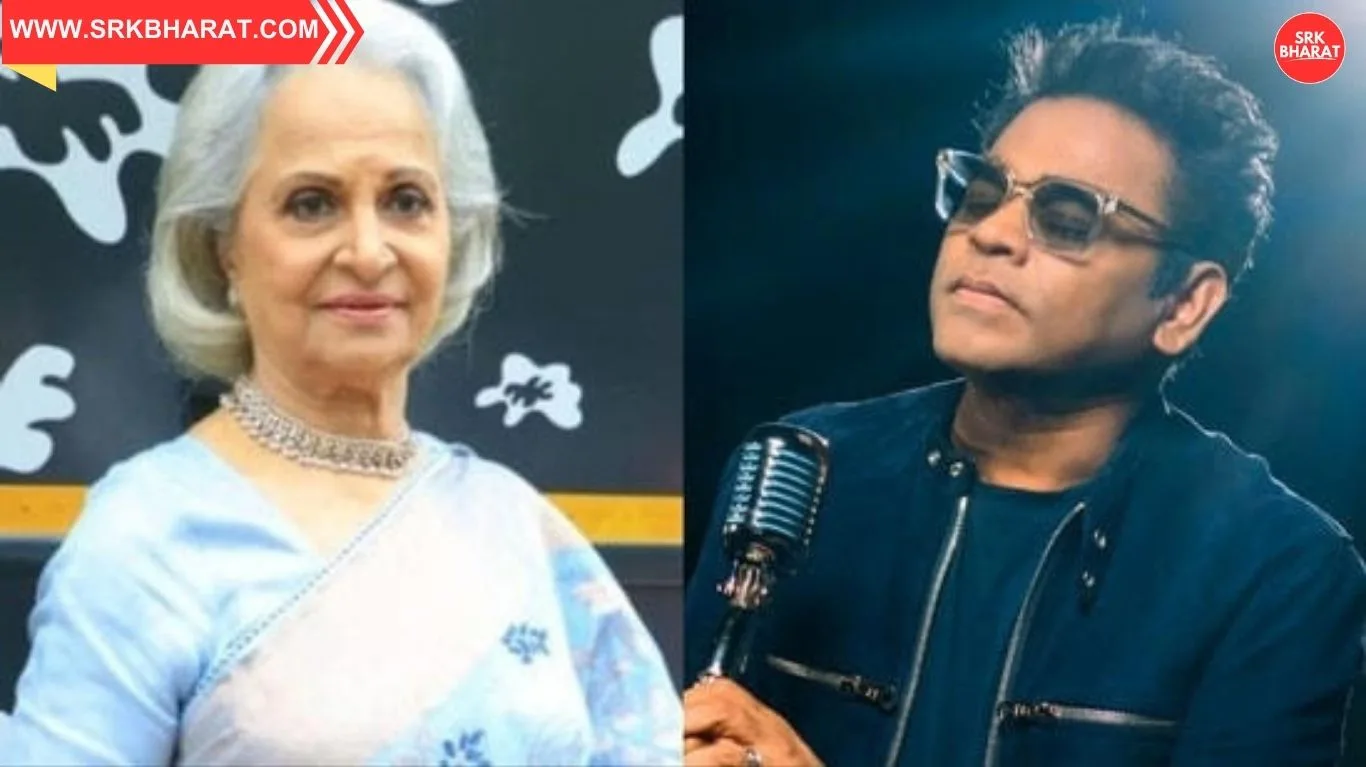In a move that is stirring industry-wide discussions on film set ethics, acclaimed director Anurag Basu has extended full support to Deepika Padukone’s demand for 8-hour shooting shifts, emphasising that actor well-being is non-negotiable for him as a filmmaker. Basu’s remarks come amid ongoing conversations about gruelling 12-18 hour shifts, lack of regulated breaks, and the overall mental health of actors in Bollywood.
Key Highlights
- Deepika Padukone’s demand: Advocated for an 8-hour workday policy for actors, citing health, focus, and life balance.
- Anurag Basu’s endorsement: Said he wants his actors “to be happy on set” and prioritises their comfort and performance quality.
- Industry implications: Raises debates on labour practices, union policies, and productivity models in film production.
What Anurag Basu Said
In an interview with a leading entertainment portal, Basu said:
“Deepika is right. I don’t believe in pushing actors to exhaustion. If they are happy, healthy, and rested, they give their best. I’ve always believed in comfortable sets. 8-hour shifts are practical if planned well.”
The Barfi! and Life In A… Metro director added that filmmaking is a collaborative creative process that requires both physical energy and mental clarity, which cannot flourish under exploitative schedules.
Context: Deepika Padukone’s Stand
Recently, Padukone publicly advocated for:
- Maximum 8-hour shifts per day with structured breaks
- Mandatory weekly off days for film crew
- Mental health support infrastructure on sets
She argued that such policies not only protect actors but also improve work quality by preventing burnout.
Industry Reactions To The Debate
| Personality | Position | Comment |
|---|---|---|
| Anurag Basu | Director | Supports 8-hour shifts; prioritises actor well-being. |
| Karan Johar | Director-Producer | Mixed; raised concerns about budget extensions. |
| Alia Bhatt | Actor | Endorsed shorter shifts citing energy and family balance. |
| Veteran Line Producers | Production | Warned about potential shooting delays and rising costs. |
Challenges In Implementing 8-Hour Shifts
| Challenge | Explanation |
|---|---|
| Budget Constraints | Shorter shifts may prolong production schedules, inflating budgets. |
| Logistics | Crew call times, set rentals, and location permissions often billed per day regardless of hours. |
| Legacy Mindset | Bollywood’s traditional culture romanticises long working hours as a commitment symbol. |
| Contractual Adjustments | Unions and producers would need renegotiated standard agreements. |
Global Comparison
| Industry | Average Actor Shift | Comments |
|---|---|---|
| Hollywood (SAG-AFTRA regulated) | 8-10 hours | Overtime paid; strict break regulations. |
| Korean Film Industry | 12-16 hours | Increasing criticism over mental health impact. |
| European Cinema | 8 hours | Strict labour laws enforce limited daily shifts. |
| Indian Film Industry | Often 12-18 hours | Weak implementation of actor protection regulations. |
Benefits Of 8-Hour Shifts
According to health experts and industry consultants:
- Better performances due to mental freshness and focus.
- Reduced injuries and health complications from fatigue.
- Improved morale and set culture, leading to creative synergy.
- Attracting global talent by aligning with international work standards.
Anurag Basu’s Reputation For Humane Sets
Basu is widely regarded as a director who nurtures actor creativity without high-pressure working conditions. His signature approach includes:
- No forced retakes: Unless an actor themselves is dissatisfied.
- Flexible shot structures: He improvises scenes on set based on actor comfort.
- Emphasis on organic performances over technically perfect but lifeless shots.
Recent Examples Of Actor Exhaustion
The conversation gained momentum after recent incidents where actors fainted on sets due to overwork, including:
- A young rising actor collapsing after a 20-hour shoot for a thriller film.
- A senior actor hospitalised for dehydration after an overnight outdoor shoot in extreme heat.
Such reports fuelled union demands for enforceable shift regulations.
Public & Fan Reactions
Social media largely supported Padukone and Basu:
- “8 hours is humane. Films will still get made beautifully without destroying actors’ health.”
- “If Hollywood can manage, why not Bollywood?”
- “Anurag Basu always respects his actors. Salute to him.”
Producers’ Counterarguments
However, certain production houses argue:
- Shorter shifts mean extended timelines, increasing costs for sets, locations, and daily crew payments.
- In high-budget projects with tight release windows, compressed schedules necessitate longer working hours to avoid losses.
Experts Suggest Middle Ground
| Expert | Organisation | Suggestion |
|---|---|---|
| Ritesh Batra | Director | Hybrid model: 10-hour shifts with mandatory lunch and tea breaks. |
| Komal Nahta | Film Trade Analyst | Budget planning should factor humane shifts from inception stage. |
| Dr. Amrita Joshi | Mental Health Researcher | Wellness support on set crucial regardless of shift hours. |
Deepika Padukone’s Advocacy Influence
Padukone’s stand has amplified the conversation, especially with leading directors like Basu echoing her views. Her influence as a top-tier star with global recognition lends weight to the demand, potentially accelerating policy changes within the Producers Guild and Actor’s Guilds.
Way Forward
Industry insiders indicate:
- Guild negotiations may include shift caps in upcoming standard contracts.
- Workshops on efficient time management for directors and AD teams are being proposed to streamline shoots within humane hours.
- Union-led policy proposals are expected to be submitted to production councils this quarter.
Conclusion
Anurag Basu’s public support for Deepika Padukone’s call for 8-hour shifts underscores a growing consensus in Bollywood that actor and crew well-being must no longer remain secondary to profit-driven production cultures. As health, sustainability, and performance excellence become intertwined, this evolving debate may finally reshape Indian filmmaking norms to align with global best practices in ensuring dignity and safety on sets.
Disclaimer
This article is prepared for general entertainment industry news dissemination based on recent interviews, social media statements, and industry expert analyses. Readers are advised to consult official guild notifications, employment law regulations, and certified mental health research before deriving conclusions or framing professional decisions based on industry shift policies or actor health debates.











